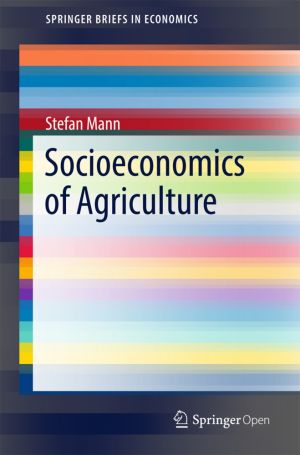
This book applies for the first time emerging concepts of socioeconomics to analyse an economic sector, namely agriculture. It considers the rational choices of all actors in the system (just as agricultural economists do) and their cultural preferences and constraints (just as rural sociologists do). Socioeconomic concepts are subsequently used to...
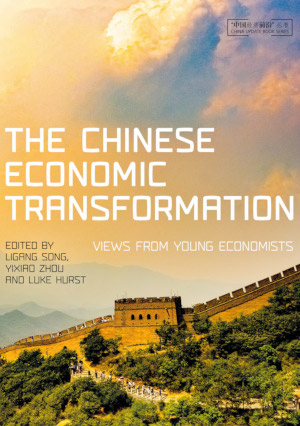
The Chinese Economic Transformation, the 19th volume in the China Update book series, provides an opportunity for young economists to share their views on various issues relating to the Chinese economic transformation. More than half of the contributors to this book are female scholars. Some of the contributors are rising stars in the studies of th...

In this updated edition of a groundbreaking text, concepts such as energy return on investment (EROI) provide powerful insights into the real balance sheets that drive our "petroleum economy." Hall and Klitgaard explore the relation between energy and the wealth explosion of the 20th century, and the interaction of internal limits to grow...

This open book examines from a variety of perspectives the disappearance of moral content and ethical judgment from the models employed in the formulation of modern economic theory, and some of the papers contain important proposals about how moral judgment could be reintroduced in economic theory. The chapters collected in this volume result from ...
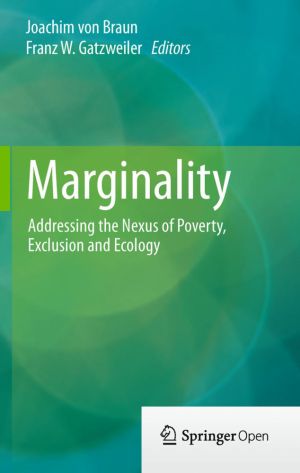
This volume presents new insights on marginality, i.e. the situation of people living on the edge of socio-economic and ecological systems. The marginality concept leads to different development policies. While the prevalence of poverty declined by about 50 percent in the past two decades, any further reduction of poverty will be more difficult, be...
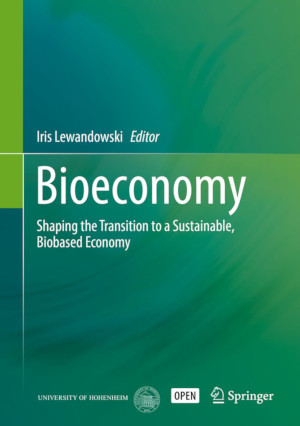
This book defines the new field of "Bioeconomy" as the sustainable and innovative use of biomass and biological knowledge to provide food, feed, industrial products, bioenergy and ecological services. The chapters highlight the importance of bioeconomy-related concepts in public, scientific, and political discourse. Using an interdiscipli...
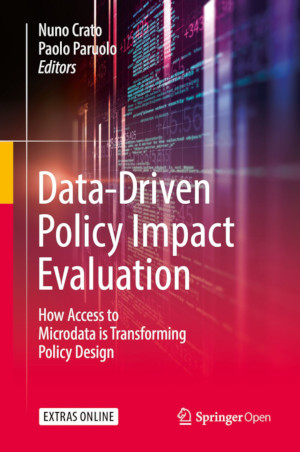
In the light of better and more detailed administrative databases, this book provides statistical tools for evaluating the effects of public policies advocated by governments and public institutions. Experts from academia, national statistics offices and various research centers present modern econometric methods for an efficient data-driven policy...
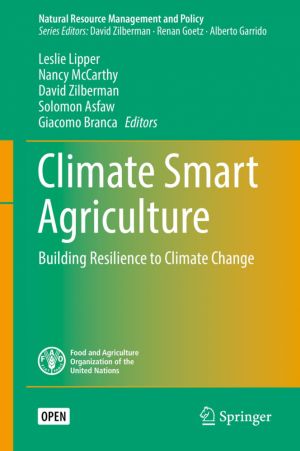
The book uses an economic lens to identify the main features of climate-smart agriculture (CSA), its likely impact, and the challenges associated with its implementation. Drawing upon theory and concepts from agricultural development, institutional, and resource economics, this book expands and formalizes the conceptual foundations of CSA. Focusing...
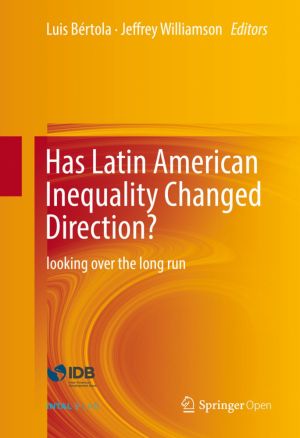
This book brings together a range of ideas and theories to arrive at a deeper understanding of inequality in Latin America and its complex realities. To so, it addresses questions such as: What are the origins of inequality in Latin America? How can we create societies that are more equal in terms of income distribution, gender equality and opportu...

At present, how to develop industries is a burning issue in Africa, where population growth remains high and economic development has thus far failed to provide sufficient jobs for many, especially young people and women. The creation of productive jobs through industrial development ought to be a central issue in steering economic activity across ...
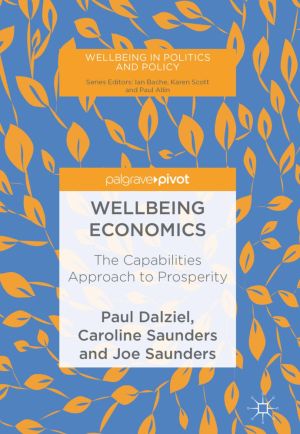
Economists have long sought to maximise economic growth, believing this to be their best contribution to improving human welfare. That approach is not sustainable in the face of ongoing issues such as global climate change, environmental damage, rising inequality and enduring poverty. Alternatives must be found.
This book addresses that challenge....
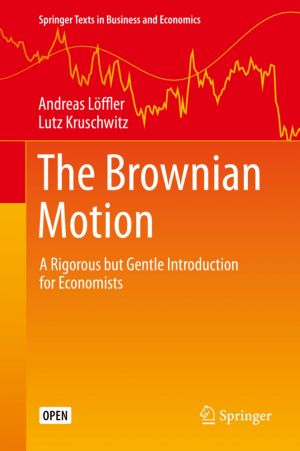
This open access textbook is the first to provide Business and Economics Ph.D. students with a precise and intuitive introduction to the formal backgrounds of modern financial theory. It explains Brownian motion, random processes, measures, and Lebesgue integrals intuitively, but without sacrificing the necessary mathematical formalism, making them...
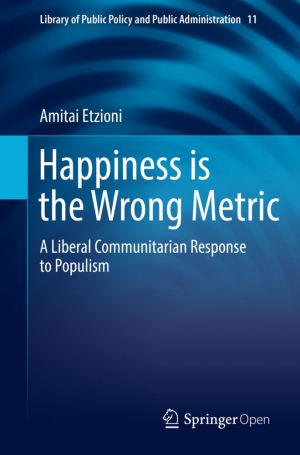
This timely book addresses the conflict between globalism and nationalism. It provides a liberal communitarian response to the rise of populism occurring in many democracies. The book highlights the role of communities next to that of the state and the market. It spells out the policy implications of liberal communitarianism for privacy, freedom o...

This free book discusses firm valuation, which is of interest to economists, particularly those working in finance. Firm valuation comes down to the calculation of the discounted cash flow, often only referred to by its abbreviation, DCF. There are, however, different coexistent versions, which seem to compete against each other, such as entity app...

This open access book provides an exploration of the consequences of the ontological differences between natural and social objects (sometimes described as objects of nature and objects of thought) in the workings of causal and agency relationships. One of its important and possibly original conclusions is that causal and agency relationships do no...
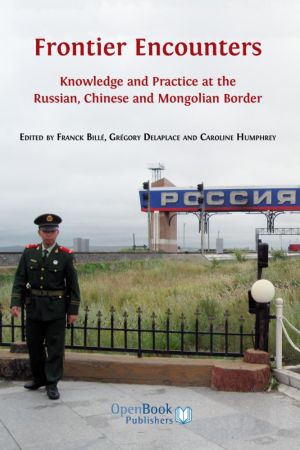
China and Russia are rising economic and political powers that share thousands of miles of border. Yet, despite their proximity, their practical, local interactions with each other - and with their third neighbour Mongolia - are rarely discussed. The three countries share a boundary, but their traditions, languages and worldviews are remarkably dif...
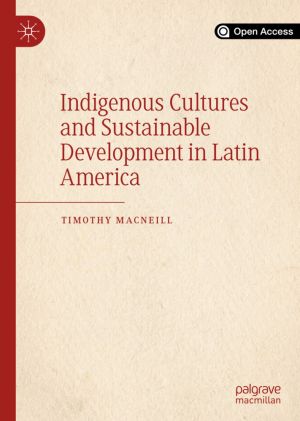
This book outlines development theory and practice overtime as well as critically interrogates the "cultural turn" in development policy in Latin American indigenous communities, specifically, in Guatemala, Honduras, Ecuador, and Bolivia. It becomes apparent that culturally sustainable development is both a new and old idea, which is simu...
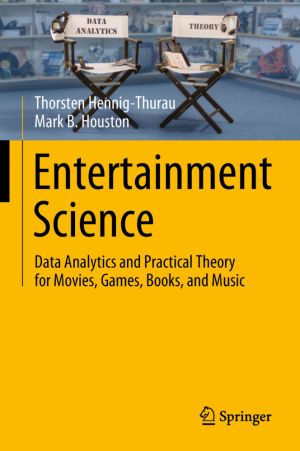
The entertainment industry has long been dominated by legendary screenwriter William Goldman’s “Nobody-Knows-Anything” mantra, which argues that success is the result of managerial intuition and instinct. This book builds the case that combining such intuition with data analytics and rigorous scholarly knowledge provides a source of sustainab...
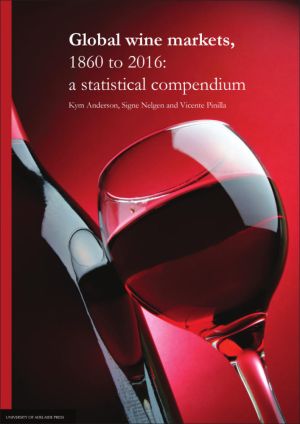
Until recently, most grape-based wine was consumed close to where it was produced, and mostly that was in Europe. Despite the huge growth in inter-continental trade, investment and migration during the first globalization wave that came to a halt with World War I, it was not until the 1990s that the export share of global wine production rose above...
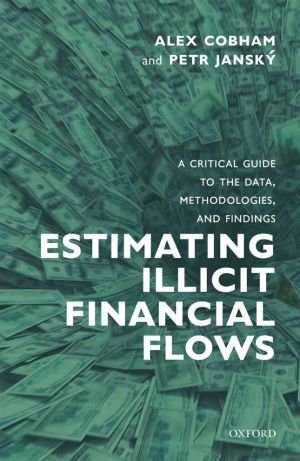
Illicit financial flows constitute a global phenomenon of massive but uncertain scale, which erodes government revenues and drives corruption in countries rich and poor. In 2015, the countries of the world committed to a target to reduce illicit flows, as part of the UN Sustainable Development Goals. But five years later, there is still no agreemen...
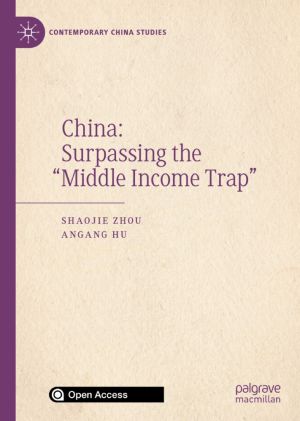
This open book explores one of the most fiercely debated issues in China: if and how China will surpass the middle income trap that has plagued many developing countries for years. This book gives readers a clear picture of China today and acts as a reference for other developing countries.
China is facing many setbacks and experiencing an economi...

This book is based on the idea that there is a particular framework used by economists to interpret observed reality. This framework has been called the economic way of thinking, the economic approach, and the method of economics.
This book is different from the many other books that attempt to teach microeconomics in three ways:
- It explicitl...

The third installment of the 'European Public Investment Outlook' series is an important and timely publication that draws together recent analyses to recommend significant increases in public investment in green ventures. Compelling data from key economists affiliated with international organizations like the International Monetary Fund,...
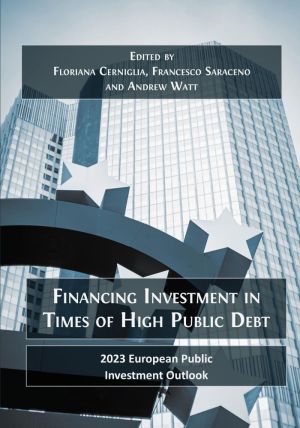
The fourth book in the 'European Public Investment Outlook' series focuses on the urgent issue of how to finance needed investment in critical tangible and intangible infrastructure given high levels of public debt, a thorny problem facing many governments across Europe. Drawing on expertise from academics, researchers at public policy in...
